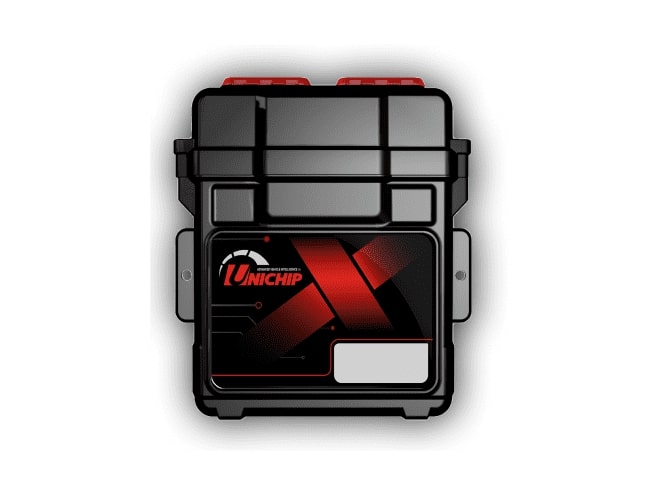-- Introduction -- Q&A -- Conclusion --
Introduction:
If you are investigating ways to get more power from your car, you may have read that one way is to ECU tune or re-map. Many adverts claim that ECU tuning will significantly boost power and can even improve economy. But is this genuine or too good to be true?
What is the ECU?
The Engine Control Uni (ECU) is essentially the vehicle's digital brain. It is a small box of electronics that optimises and monitors the operation/performance of the vehicle.
What is an ECU tuner?
ECU tuners are devices that are used to override the manufacturer's software within the ECU. The purpose of this is to allow for more power, and improve the delivery of that power.
What is meant by 'Piggybacking'?
Piggybacking means intercepting and modifying the signals that are being sent to the ECU.
How does it work?
Essentially, the Piggyback tuner inserts (or splices) itself between the ECU and the sensors and changes the value that the ECU reads. This 'tricks' the ECU into thinking the values are not optimal and then causes it to produce more boost or inject more fuel - thus giving more power.
Pros of using a Piggyback ECU tuner:
1. The factory ECU will still function as intended and this means that it will retain OBD-II compliance and allow the owner to pass emissions and regularly scan for codes/problems.
2. Piggyback ECUs are considerably cheaper (as much as 75% less) than full stand-alone ECUs.
3. They "can" be easier to set up and tune than stand-alone ECUs.
Cons of using a Piggyback ECU tuner:
1. Some factory ECU's are simply too adaptive or too sensitive to use a Piggyback tuner on. If this means that it cannot tune correctly, it may lead to the check engine light coming on (the vehicle then won't be emissions compliant). Worse, it could lead to engine failure.
2. The amount of manipulation possible is limited - particularly in situations where you cannot change the timing or fuelling of the car. Essentially, you are working within the original factory parameters.
3. The tuning will usually involve cutting up/modifying the factory engine harness and intercepting wires. This could cause complications should you decide to move to a full stand-alone.
4. Tuning invalidates the manufacturer's warranty.
What else affects power?
Other factors that affect power include the size of the engine, the climate/weather, fuel quality, and the amount of torque.
What other types of ECU tuning are there?
Flash tuning – it involves modifications that are "flashed" directly onto the main ECU.
So, is it worth the investment?
It depends on what you are trying to achieve, your exact type of car, your budget, and a number of other factors.
If you decide that a Piggyback ECU tuner is something that you want to pursue, our unique Unichip Module could be just the solution you are looking for.
Get in touch with us today for your free phone consultation!



